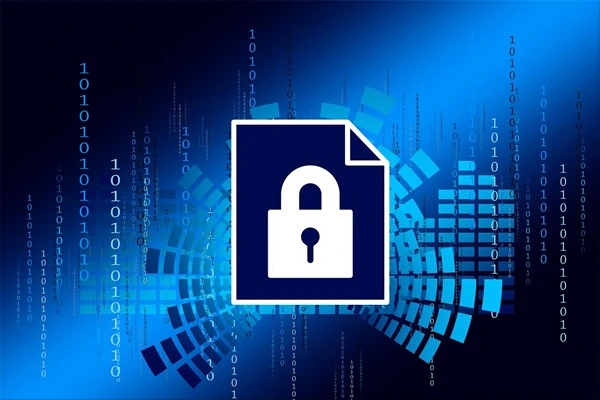
|
|
What Major Email Services Now Require OAuth2?
Authentication has become more secure
 Royalty Free Pixabay Image
Royalty Free Pixabay ImageWhat Is OAuth2?
OAuth2 is a modern and more secure way to log in to your email
account. Instead of typing in your password each time, OAuth2 lets you sign in
through a trusted system that gives apps permission to access your email without
exposing your actual password.
Why the Change?
Email security has become more important than ever. Hackers are
constantly trying to steal passwords, and the old way of logging in using just
your username and password is no longer considered safe. That’s why many major
email providers are now requiring OAuth2—it helps protect your account from
unauthorized access.
- It avoids sharing or storing actual passwords.
- Users authenticate directly with the provider and grant token-based access.
- Tokens can be limited in scope and revoked independently.
Which Email Services Require OAuth2?
Several major email services have already made OAuth2 mandatory or
are in the process of doing so. Here are some of the big names:
- Google (Gmail) Gmail has used OAuth2 for many years and
requires it for all third-party apps. Basic authentication (using just a
password) has been disabled for most accounts. App Passwords are only
available for accounts with 2FA enabled and are being phased out.
- Microsoft (Outlook, Hotmail, Live)
Microsoft also requires OAuth2 for secure connections to Outlook and other
Microsoft accounts. Microsoft Outlook (2019 and older) will NOT support
OAuth2. Basic authentication was deprecated and disabled in October
2022 for most Microsoft services. Outlook.com also enforces OAuth2 for
modern apps.
- Yahoo Mail
Yahoo has moved to OAuth2 for added protection. Legacy apps may still use
app passwords, but OAuth2 is the default and secure method. Basic
authentication is largely deprecated.
- AOL Mail
Same backend as Yahoo (both owned by Yahoo/Verizon). OAuth2 required or app
password needed. No longer allows standard password login from third-party
apps.
- Apple (iCloud Mail) Apple uses OAuth2 through the Sign In
with Apple system.
- Comcast (Xfinity Email) As of 2024, Comcast requires
OAuth2 for all third-party email applications. If you use programs like
Outlook, Thunderbird, or a phone app to check your Comcast email, you must
update your settings to use OAuth2.
- iCloud Mail (Apple)
Uses a custom authentication flow with OAuth-like tokens.
Requires App-Specific Passwords for third-party apps, not traditional
OAuth2, but still avoids raw password use.
- GMX / Mail.com
Supports OAuth2, though not required yet. May still support basic auth but
it's likely to change as standards evolve.
- Fastmail Supports OAuth2. You can still use app passwords (recommended), but OAuth2 is encouraged for new integrations.
What You Should Do
If you’re using an older email app that still asks for a regular
password, it might stop working. To fix this:
- Check your email provider’s website for instructions on setting up OAuth2.
- Update your email app to the latest version.
- If needed, use an “app password” or go through the OAuth2 sign-in process.